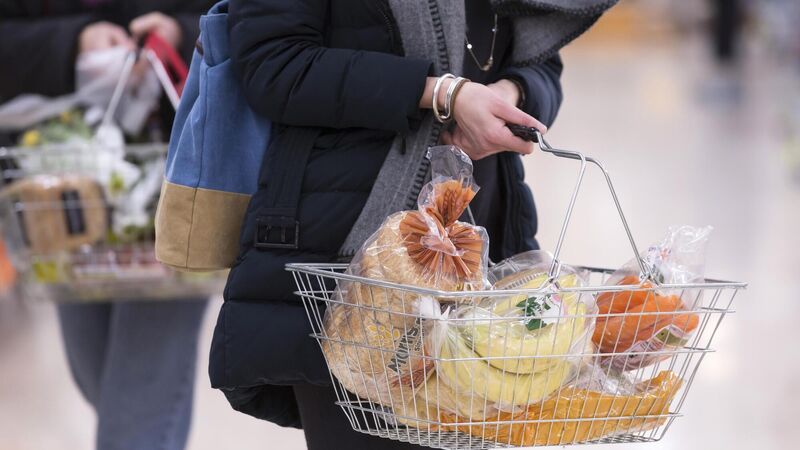Irish shoppers face further pressure as grocery prices in Britain surge

"Prices are rising fastest in markets such as savoury snacks, dog food and cat food, while falling in fresh bacon," according to Kantar.
Grocery price inflation in Britain surged in March, a major market researcher has disclosed, meaning that price pressures are likely to build further on this side of the Irish Sea.
Researcher Kantar said its regular survey of supermarkets showed that grocery price inflation in Britain rose to 5.2% in March, the highest rate in almost 10 years.














